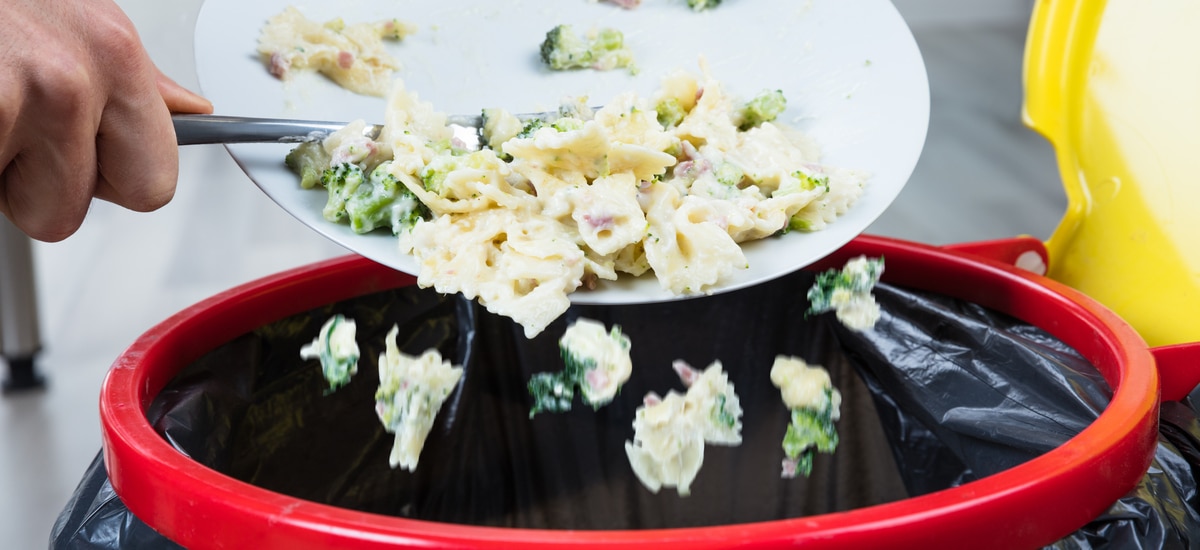
Australia's War on Food Waste - Part 2 - Active Solutions
Should plastic bags be the primary and sole focus of the large food suppliers? In our previous article, we raised an equally important issue that hasn’t received nearly as much attention from these companies, or the media – food waste.
Banning plastic bags ticks the box on environmental responsibility. But is only one part of a global problem. Recycling and reuse go hand in hand, and the numbers show that when it comes to food, we haven’t made as much of a conscious effort to improve our practices, both in Australia and as a global community.
One third of all food produced is lost or wasted – around 1.3 billion tonnes of food – costing the global economy close to $940 billion each year. Frightening statistics with no simple solution. While it will take a joint effort from everyday Australian’s in the home, it must start higher up the chain, in the retail segment of the food industry.
Supermarkets, restaurants, processing facilities, even butchers play a big role reducing the amount of good food that is thrown out.
There are different reasons for food not making the journey to our plates. ‘Food loss’ is often unavoidable, and this happens during the production, postharvest, processing and distribution stages. ‘Food waste’ happens at the retail/consumption stage – and is the avoidable wastage we need to actively improve.
Organisations like Food Bank are generating awareness and providing hunger relief by utilising surplus food to feed people who need it most. It’s a simple system that works. Taking food that would otherwise be disposed of and supplying it to hungry people.
However, this isn’t the only area that needs addressing. Minimising the amount of spoiled food on our shelves is also critical, and there is less attention and effort in this aspect of food waste. This is often a case of lower quality, cheaper food packaging that doesn’t effectively protect Australian fresh food that producers work tirelessly to provide.
Equipping the food industry to grow with food processing and packaging solutions
call 1300 88 99 51
email [email protected]
room 35 Shirley Way, Epping VIC 3076
room 9 Mcilwraith St, Wetherill Park NSW 2164
room 21 Hoyle Rd, Hope Valley WA 6165
room 27 Beal Street, Meadowbrook QLD 4131
room 7 Chadderton Bvd, Epping VIC 3076
room 22 Glassford Rd, Kewdale WA 6105
room 25 Hayton Road, Wigram, Christchurch 8042, NZ
Connect with us on LinkedIn
